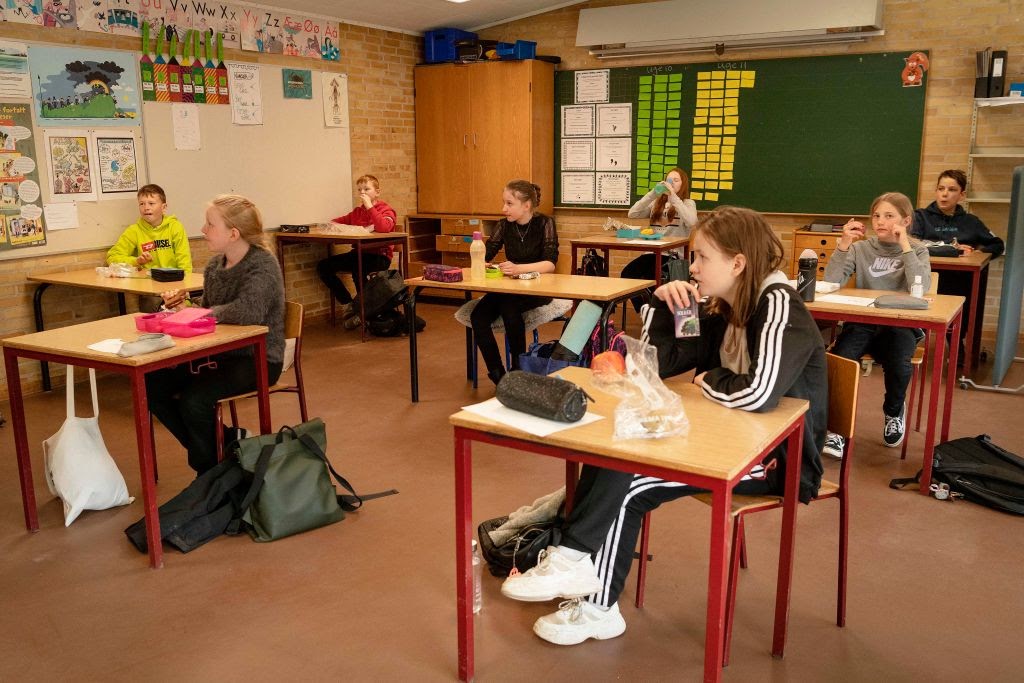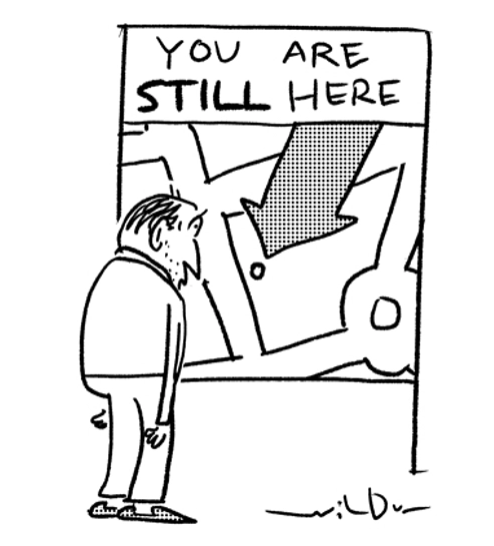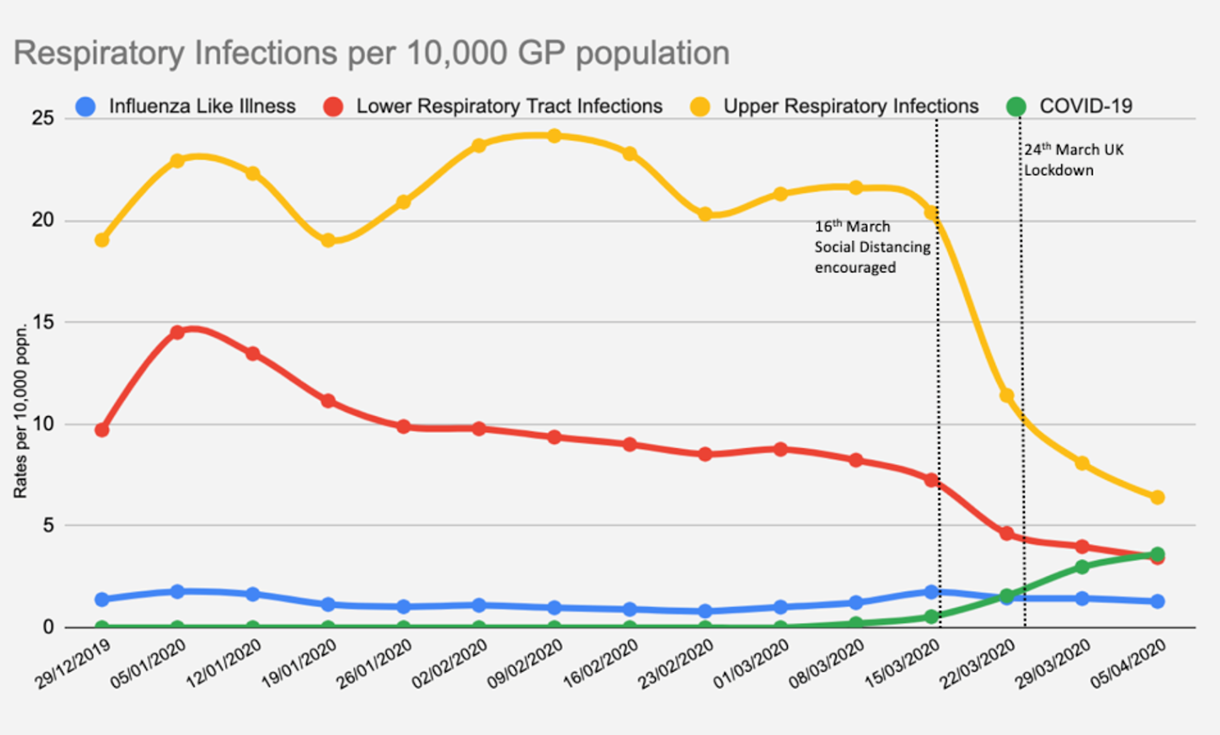The Spectator brings you the latest insight, news and research from the front line. Sign up here to receive this briefing daily by email, and stay abreast of developments both at home and abroad:
- European Commission President Ursula Von der Leyen has offered a ‘heartfelt apology’ to Italy, saying the Commission was ‘not ready’ for the pandemic.
- Leaked US Homeland Security modelling suggests the coronavirus death rate could end up at 0.12 per cent – but with 160 million infections.
- Most who died with Covid-19 had at least two pre-existing health conditions, according to ONS data, with 91 per cent having at least one condition. Meanwhile, a second newborn has been diagnosed with the virus.
- Professor Neil Ferguson, No. 10’s infections adviser, has called for ‘indefinite’ social distancing until a Covid-19 vaccine is found. A new Harvard study suggests a 2022 end date. Here are six questions Steerpike would like to ask Neil Ferguson.
- Japan has declared a nationwide state of emergency. It has 136 Covid-19 deaths.
- The IMF has called for an extension to the Brexit transition period. This comes a day after James Forsythrevealed the UK will not ask for one.
- A 99-year-old war veteran finished a ‘marathon’ in his garden after donations topped £12 million.
In focus: Europe’s lockdown easing
- In Denmark, children in nurseries and primary schools are back to school.
- Italy has opened up some bookshops and small stores.
- Austria has allowed home improvement shops to open.
- The Czech Republic has lifted restrictions on communal sport.
- Germany’s car factories are set to resume production early next week.
EU offers ‘heartfelt apology’ to Italy as it tiptoes out of lockdown
Ursula Von der Leyen, the President of the European Commission, has today given the apology that Italy was seeking. ‘It is true that no one was really ready for this’, she said. ‘It is also true that too many were not there on time when Italy needed a helping hand at the very beginning. And yes, for that, it is right that Europe as a whole offers a heartfelt apology.’ When it asked for help, China, Russia and Cuba responded – but the EU did not. This was after Christine Lagarde suggested that the European Central Bank would not step in to help (she later apologised too). ‘The truth is that Italy has been shamefully neglected by the rest of Europe and it is owed far more than a few crocodile tears,’ says Matthew Lynn. But the issuing of apologies and attempts to make amends point to a shift in a new stage of the crisis. Europe is seeking to move out of lockdown, with each country like a micro-experiment: Denmark sends its primary school children back to the classroom this week, Austria lets some non-essential shops open, and the Czech Republic has allowed social sports games to resume. The success or failures of these liberalisations will not just reflect on the home country’s decision making, but the UK’s as well.
Listen to The Spectator’s new podcast series Coronomics, where residents in New York City, Rome and Hong Kong speak to Kate Andrews about how Covid-19 and lockdown have affected life in their cities.
In pictures

In words
We will not extend the Brexit transition period and even if Brussels asked we will say no. It’s better to be clear now and remove the uncertainty for businesses
– Boris Johnson’s official spokesman at the No. 10 lobby briefing
Leaked US report suggests Covid-19 fatality rate of 0.12 per cent
From Ross Clark: Have we been vastly underestimating the number of people who have been infected with Covid-19 and correspondingly over-estimating its mortality? No one knows because we don’t know just how widespread this infection is in the population at large. But a leaked document from the US Department of Homeland Security suggests that the US government, at least, is working on the assumption that the virus is a lot harder to contain – but a lot less deadly — than is widely assumed.
The document compares the likely outcome of two scenarios: one in which the outbreak is ‘unmitigated’ – ie life carries on as normal – and one in which the government imposes a 30 day shelter-in-place order followed by further mitigation measures. In the unmitigated scenario, the mortality rate would be 0.15 per cent and in the mitigated scenario it would be 0.125 per cent. This is far lower than has been suggested elsewhere. Imperial College London, for example, first estimated the mortality rate at 0.9 per cent and has more recently revised that down to 0.66 per cent. The US figures would put Covid-19 much in the same bracket as ordinary seasonal flu – whose mortality rate is around 0.1 per cent and which the US Centers for Disease Control estimates kills between 290,000 and 650,000 globally every year.
It is not clear how the Department for Homeland Security calculated its figures, only that it came from the Data and Analytics team and that the document is marked ‘for official use only’. But it opens up a new side to the debate over lockdown. Full article here.

Global news
- Donald Trump has threatened to adjourn both the House and the Senate so he can unilaterally appoint nominees for positions key to tackling coronavirus.
- Anti-lockdown protests have broken out in Michigan, Kentucky and North Carolina.
- Brussels has asked EU countries to coordinate reopening their economies through centralised EU efforts.
- China’s foreign ministry has said the WHO has found no evidence that the coronavirus was made in a lab.
- The French Navy says a third of the 2,000 sailors on the French aircraft carrier Charles de Gaulle are infected with the coronavirus. This is a greater proportion than on the USS Theodore Roosevelt where 585 of the 5,000 crew were infected.
Research
A single lockdown may not be enough to deal with Covid-19. Public health researchers at Harvard say in order to avoid exceeding intensive care bed capacity when the virus comes back, ‘prolonged or intermittent social distancing may be necessary into 2022’. Their paper calls for ‘widespread viral testing for surveillance to monitor when the prevalence thresholds that trigger the beginning or end of distancing have been crossed’, in order to reduce peak caseloads after the virus resurges. The study looks at the factors which will determine the virus’s ebb and flow, including: how much seasonal variation is there in its transmission? How long does immunity last? How specific is immunity – do similar viruses confer immunity on Sars-CoV-2 and vice versa? And what effects will control measures (like lockdowns) have? It says more research is needed into those factors, especially the extent and duration of immunity to the virus, to guide our responses to it.
In data: UK non-Covid-19 infections plummet after social distancing.

Our latest podcast
More from The Spectator
How Covid-19 will change the Tory party – James Forsyth
Corona wars: It’s Trump vs Xi – Niall Ferguson
Trump has a point – the WHO has failed – The Spectator
I have herd immunity – Lionel Shriver
It’s time to talk about life after lockdown – David Green






Comments